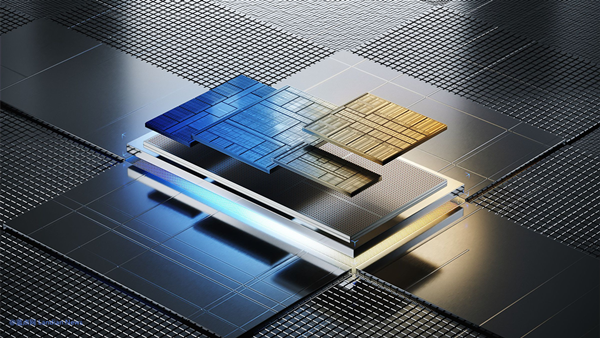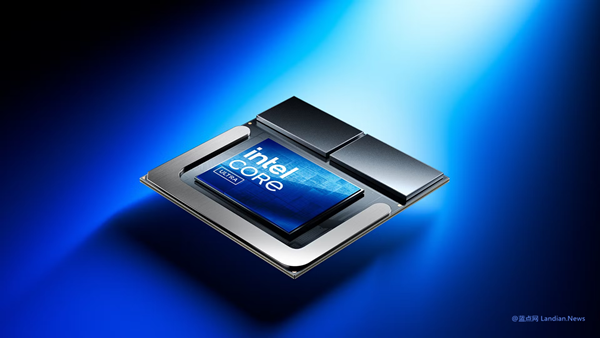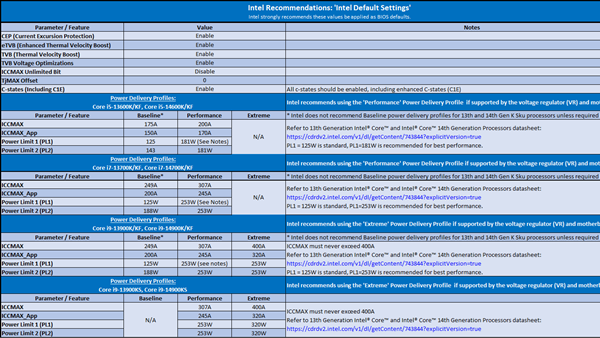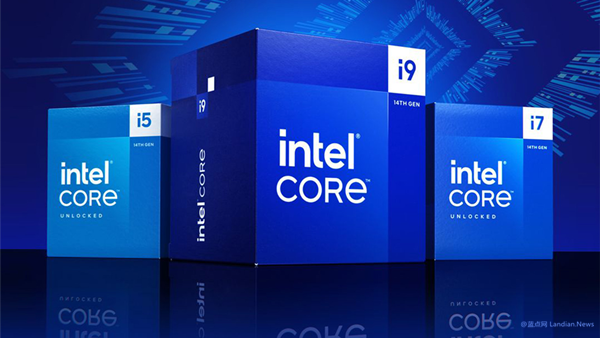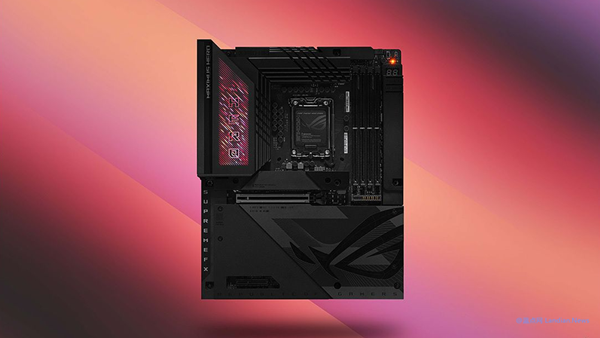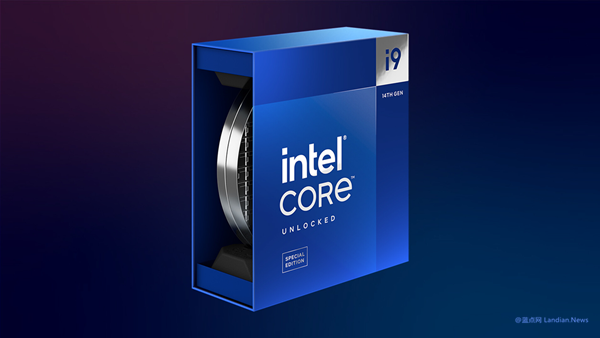HP BIOS Update Bricks Laptops: Urgent Service Advisory for Users
In a troubling development, HP released a BIOS firmware update in May for select notebook models that has resulted in devices becoming bricked. Devices affected by this issue cannot be directly repaired and require contacting HP's after-sales department for a motherboard replacement.
The firmware, released earlier than anticipated, attracted significant attention on HP's official forums, where numerous users reported similar bricking incidents.
According to HP's after-sales service, devices still under warranty can have their motherboards replaced free of charge to resolve the issue. However, those out of warranty may face substantial repair costs for motherboard replacement.
The issue first came to light on May 26, when users installing the update via HP support software experienced black screens and excessively spinning fans upon restarting their laptops. Some users, after contacting HP support, were informed that the company acknowledged the firmware's flaws.
Further analysis by tech enthusiasts suggested that the firmware provided by HP was too large for the integrated BIOS chip and was not a standard UEFI BIOS file.
Even users who did not manually install the update were not spared, as HP had submitted the firmware to Microsoft for distribution via Windows Update to supported devices, leading to the same bricking outcome.
On June 13, HP officially acknowledged the issue, identifying the affected models as follows:
- HP ProBook x360 435 G7
- HP ProBook 445 G7
- HP ProBook 455 G7
- HP EliteBook 835 G7
- HP EliteBook 845 G7
- HP EliteBook 855 G7
Most of these models were released in 2020 and are likely out of warranty. However, HP's acknowledgment of the issue means users no longer need to bear the repair costs themselves. The company has stated it is actively working to resolve the problem.
This incident raises concerns about HP's quality control processes, as it appears the new firmware was not tested in real-world conditions. Even though HP is offering free after-sales service to address the issue, the situation still represents a significant inconvenience for users.
As of now, HP has not provided a clear solution to the problem, other than motherboard replacement as suggested by their after-sales service. If an alternative repair method is available, it would be a preferable option for affected users to avoid the hassle of motherboard replacement.

